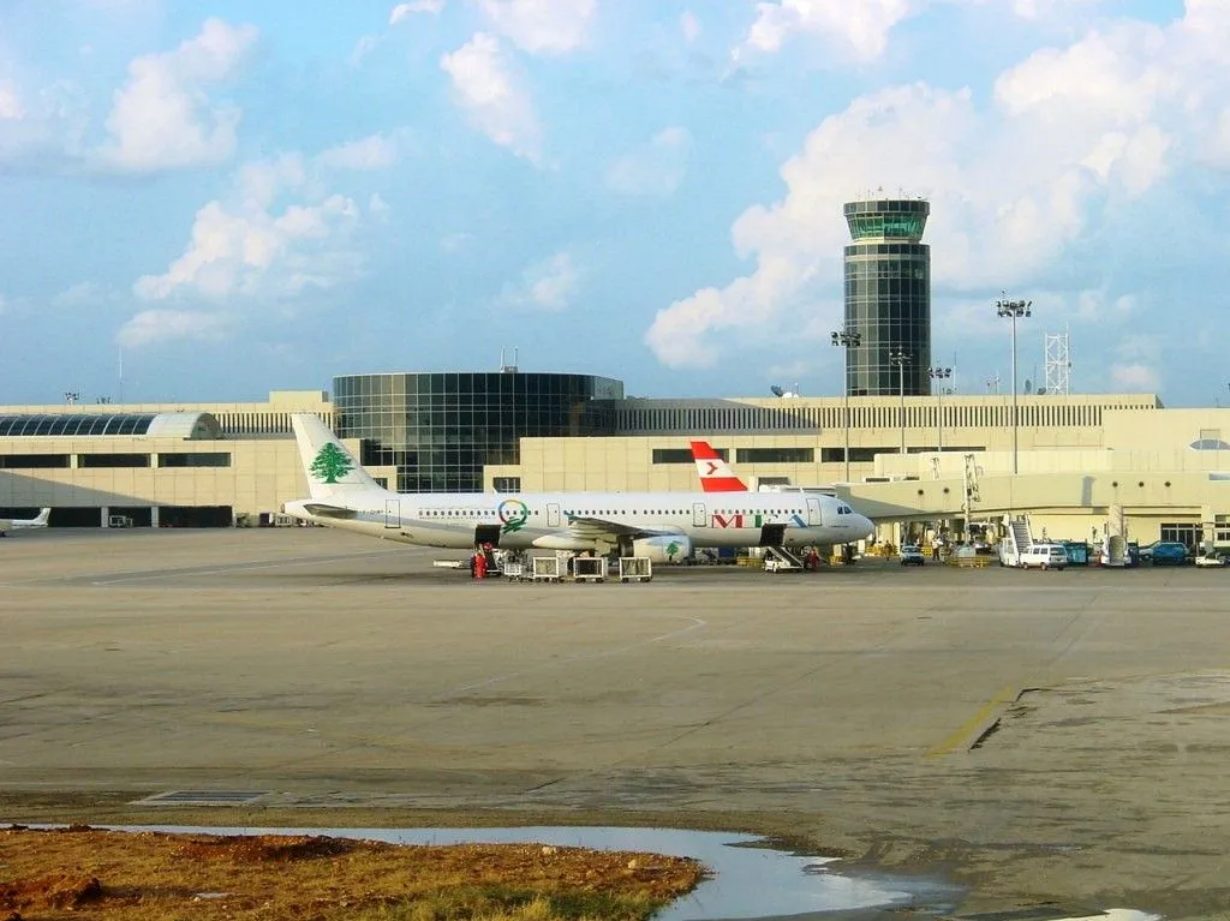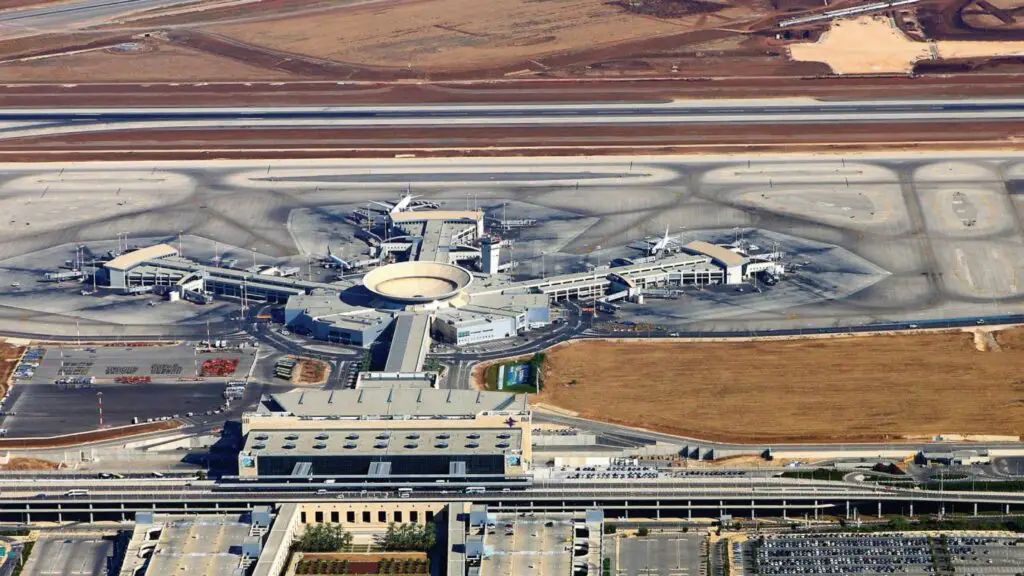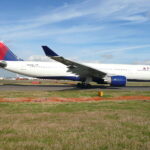The European Union Aviation Safety Agency (EASA) issued a Conflict Zone Information Bulletin (CZIB) this Saturday, recommending not to operate flights at any level in the airspaces of Lebanon and Israel.
This recommendation is valid until October 31, 2024, but they clarify that it may be reviewed, adapted, or lifted earlier based on the evaluations they conduct.
According to EASA, the current conflict between Hezbollah and Israel (which peaked yesterday after the death of the leader of the terrorist organization) poses a high risk to civil aviation as it involves rocket, missile, and drone launches from Lebanon, along with Israeli airstrikes and artillery fire, coupled with the activation of air defense systems.
«Hezbollah’s possession of cruise and ballistic missiles capable of operating at all altitudes, along with the deployment of air assets operating at various altitudes, increases the risk of misidentification and miscalculation,» the EASA bulletin explains, also highlighting the additional risk of «cruise missiles and armed military drones launched by Hezbollah’s allies.»
EASA considers that the Civil Aviation Authority of the State of Israel has effectively managed the risks to civil aviation in its airspace through tactical deconfliction, but nonetheless, the intensity of the conflict now represents a high overall risk to civil aviation.

In Lebanon, the situation is even more complicated, as EASA points out that the country has not demonstrated full capacity to address existing airspace risks «through the implementation of an efficient and proactive approach to airspace deconfliction,» so «the mitigating factors are limited, and air operators cannot rely on them.»
Most European airlines operating in the region have been suspending their flights to both Tel Aviv and Beirut intermittently in recent weeks. For this Saturday, flights to Tel Aviv from Air France, British Airways, Lufthansa, Iberia, Austrian Airlines, and ITA Airways have been canceled, while several Wizz Air flights have been diverted to Amman, Jordan. In Beirut, most flights from both European and local airlines have also been canceled.
In contrast, U.S. airlines had already established a longer-term suspension.
See also: Delta Air Lines suspends its flights to Tel Aviv for another three months














